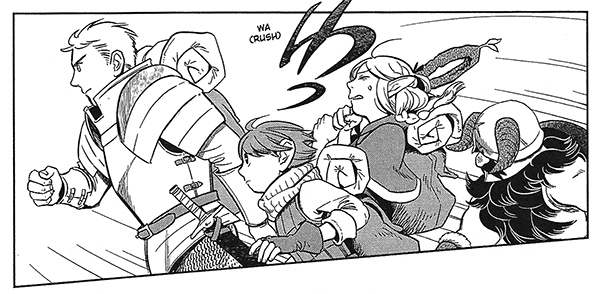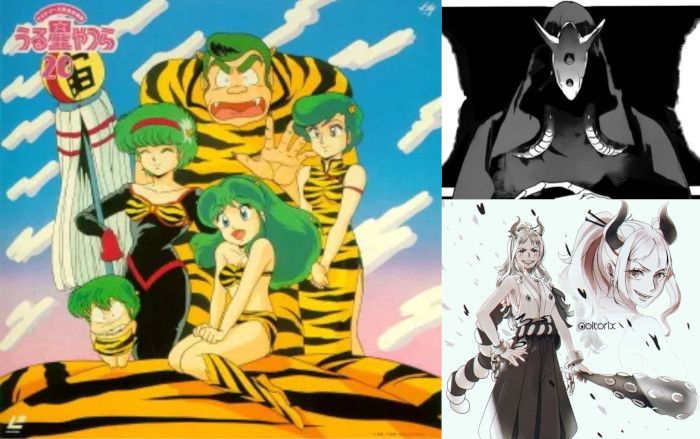
Oni are mythical monsters similar to the ogres of Western tradition. Like many of the legendary Japanese creatures, their characteristics are often adopted for manga characters, including series such as Lum, The Promised Neverland, and Demon Slayer. Our own Patrick has compiled a lot of data on them, and he’s here this time to fill us in. He also discusses the main points of monster theory.
Watch Patrick’s videos on oni and other Japanese creatures
Brought to you by:
Podcast: Play in new window | Download

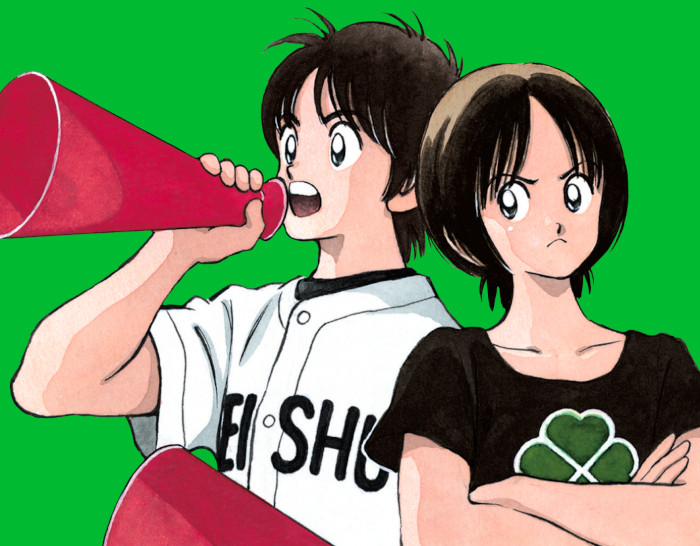

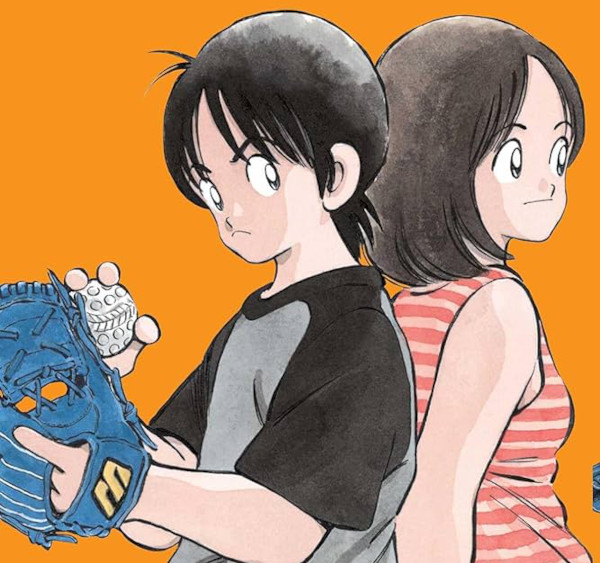
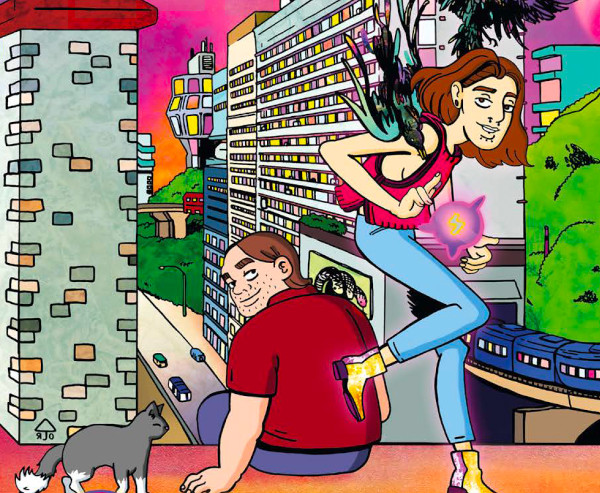
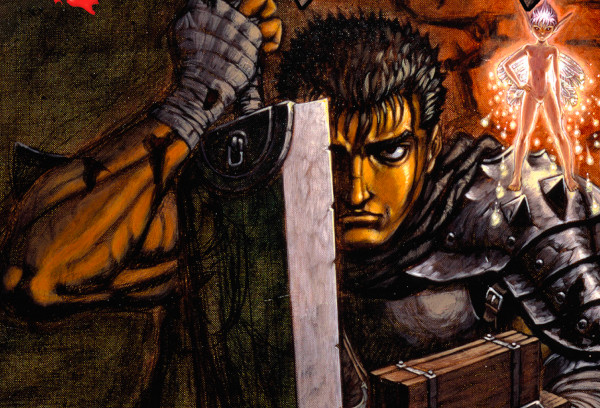
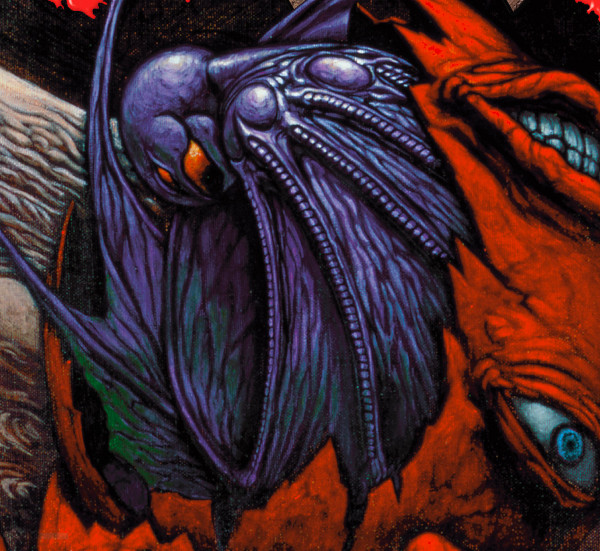
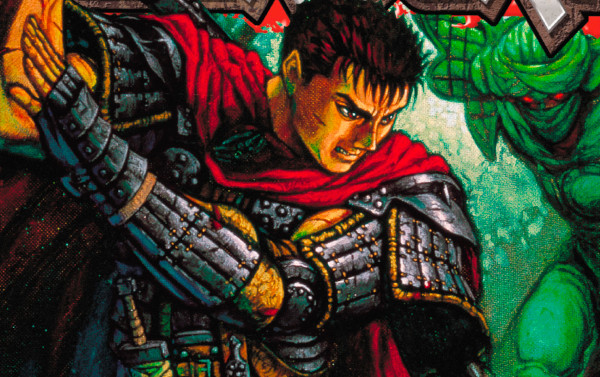
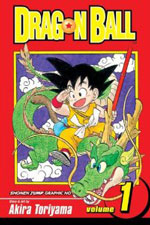 FLASHBACK! Though the highly influential manga series, and resulting TV show, are known for non-stop action and fighting, Dragon Ball started out as a comedy strip reminiscent of Akira Toriyama‘s early work,
FLASHBACK! Though the highly influential manga series, and resulting TV show, are known for non-stop action and fighting, Dragon Ball started out as a comedy strip reminiscent of Akira Toriyama‘s early work, 